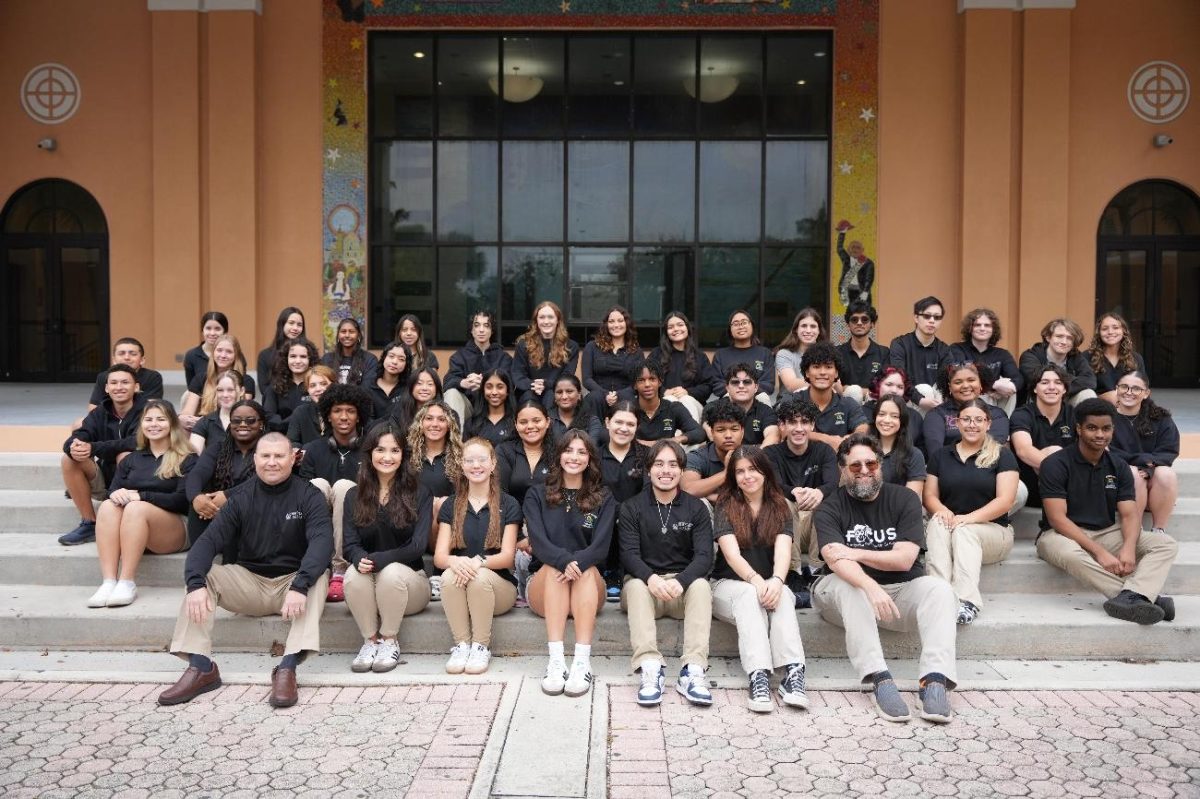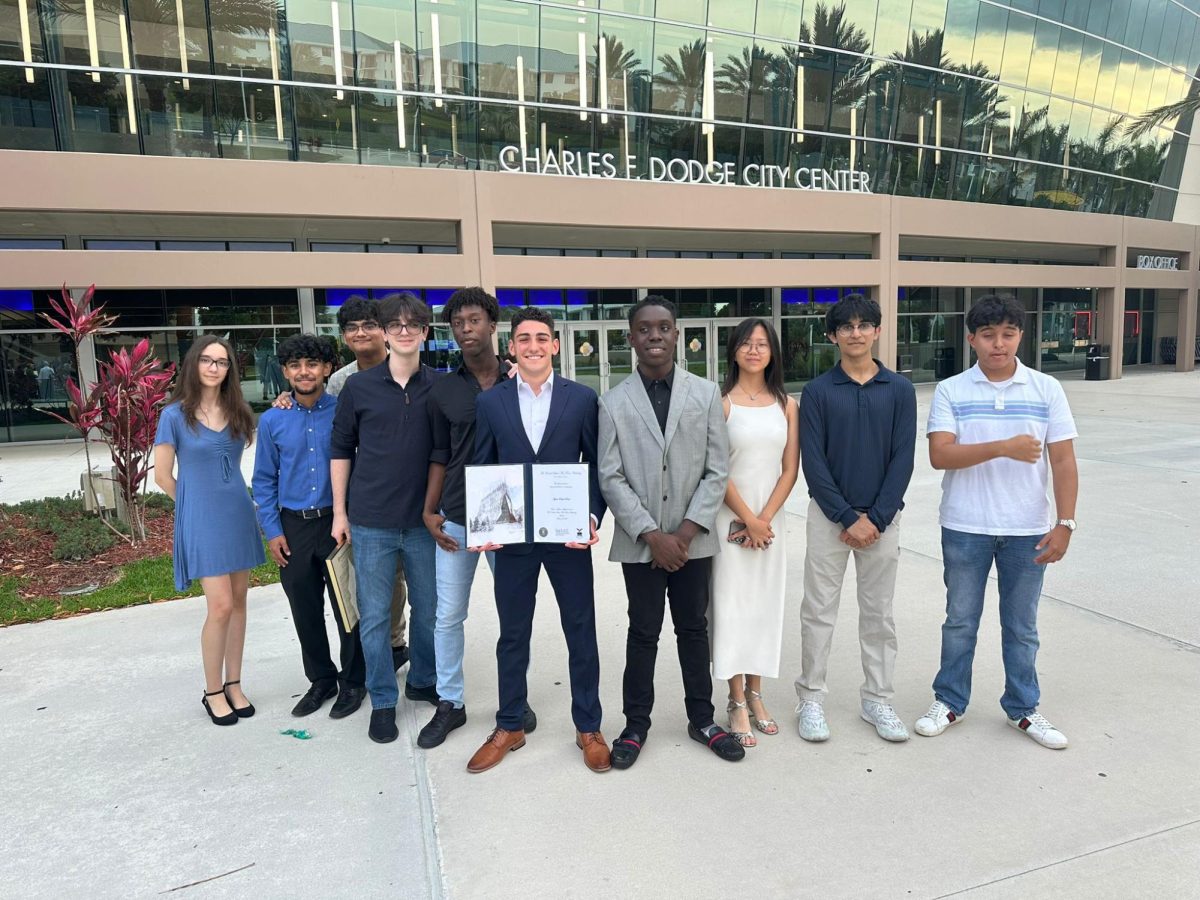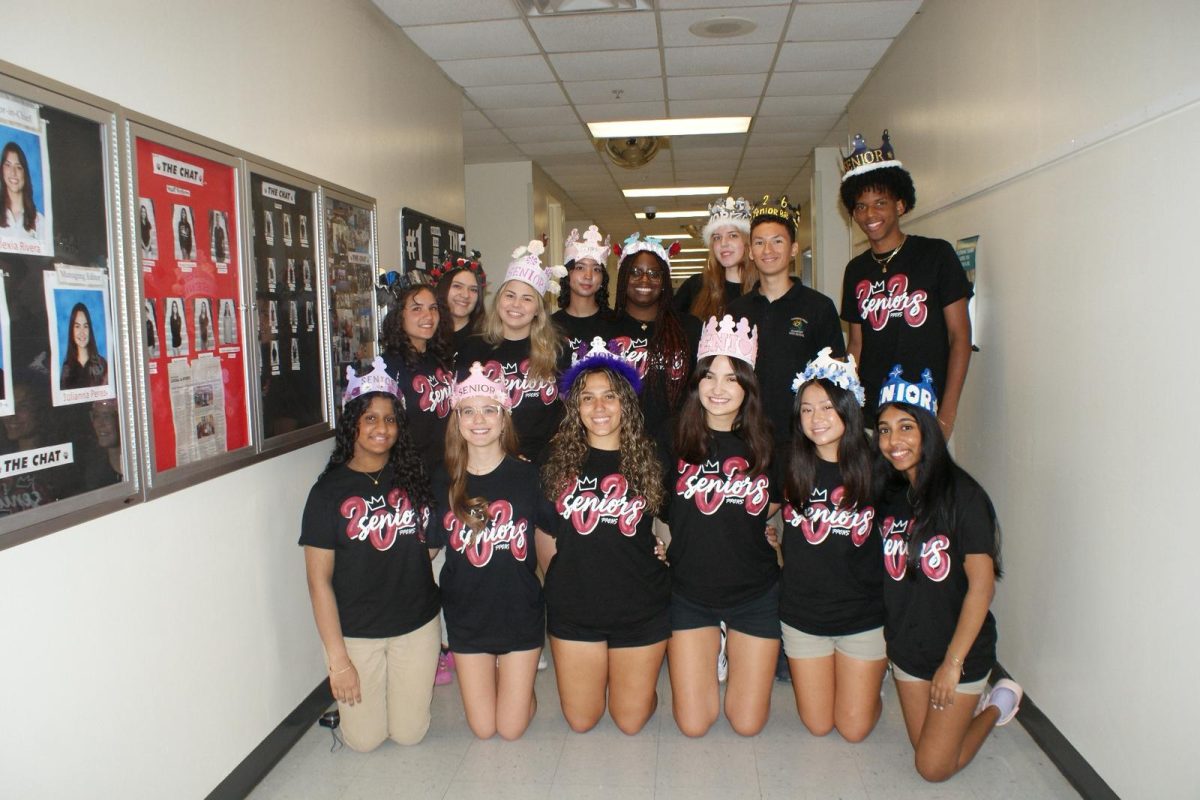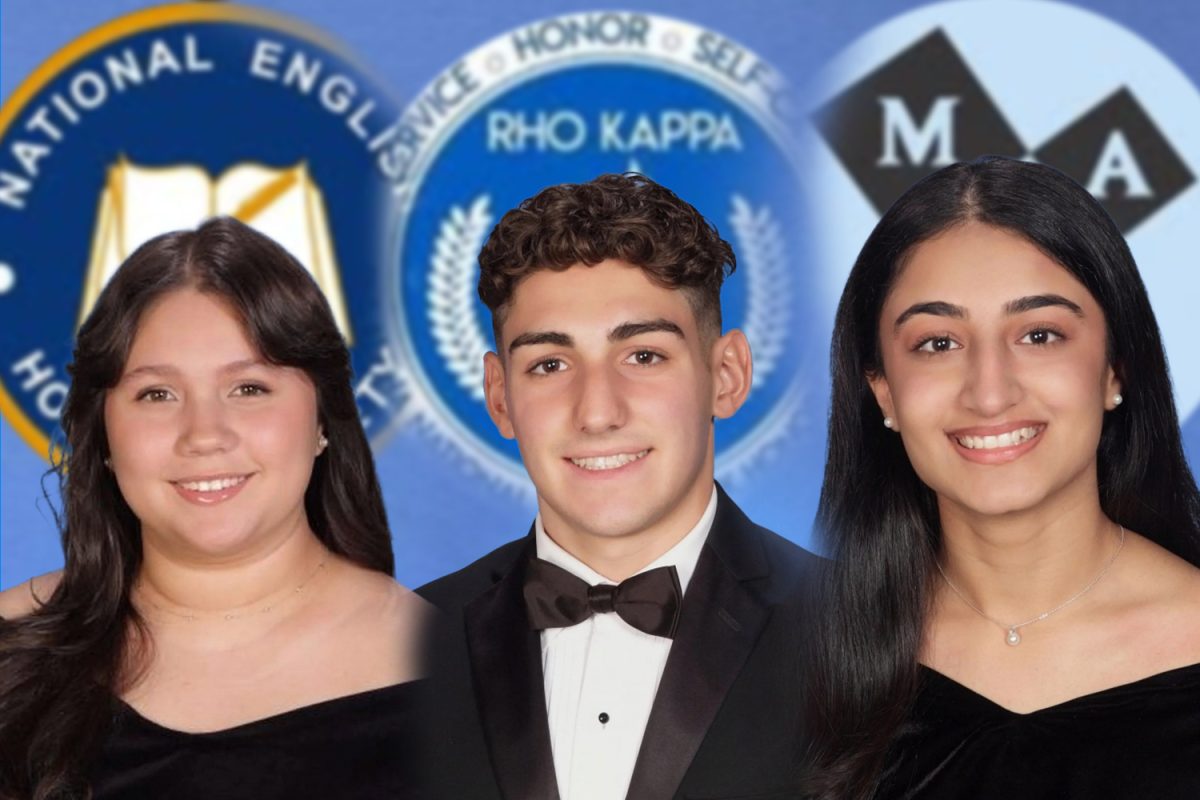Diddy Trial Begins with Testimonies and Denials
The trial of American music artist Sean “Diddy” Combs, who is accused of running a sex trafficking operation, has heard opening statements. Combs was arrested last September and faces charges including racketeering, sex trafficking, and transportation to engage in prostitution. If convicted, he could be sentenced to life in prison.
Across two weeks of testimony, federal prosecutors called 16 witnesses to the stand. The main witness of the trial has been Cassie Ventura, who claimed that Combs subjected her to a decade of abuse.
Combs has pleaded not guilty and denies sexually assaulting or trafficking anyone. His lawyers have argued that his domestic violence was motivated by jealousy and drug addiction, and that he was not involved in any sex trafficking. The trial is expected to last eight weeks, and many more witnesses are planned to take the stand.
Pope Leo XIV Becomes First American Pope
Cardinal Robert Francis Prevost was elected pontiff on the second day of the conclave after the death of Pope Francis in April. He took the name Pope Leo XIV, and used his first words from a Vatican balcony to promote peace in the world and “a united church, always seeking peace and justice.”
While Pope Leo XIV made global headlines for becoming the first American pope, he is also a citizen of Peru, a country where he spent a significant part of his career and where his election was widely celebrated.
Many world leaders sent congratulatory messages to Pope Leo XIV, wishing hope, peace, and unity to the new leader of 1.4 billion Roman Catholics. In the U.S, President Trump celebrated the election of the first American pope, calling it a “great honor for our country” on social media and saying he looked forward to meeting Leo.
India and Pakistan engage in drone and missile conflict
The recent four-day military conflict between India and Pakistan in early May was their deadliest in decades. For the first time since the 1971 India–Pakistan War, India targeted Pakistan’s heartland province of Punjab, with Pakistan targeting India’s own Punjab, Rajasthan, and Gujarat states, both with drones and missiles.
The exchange of strikes threatened to escalate into a full-fledged war between the two nuclear-armed countries. The fighting came after two weeks of tension following the killing of 26 tourists in the town of Pahalgam. The Indian defense ministry said its strikes were part of a “commitment to hold accountable” those responsible for the attack. Pakistan described them as “unprovoked.”
Both nations have emerged from their military conflict with strongly differing and disputed narratives. The United States brokered a ceasefire on May 10, which continues to hold for now. Although there have been some reports of violations, both nations have also expressed a desire for peace and have been in contact about the situation.








